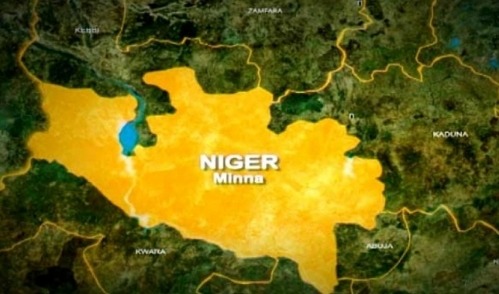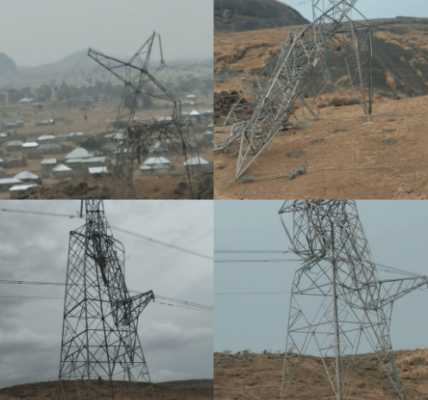This post has already been read 21870 times!
The Deputy Governor of Niger State, Comrade Yakubu Garba, on Thursday, disclosed that about 6,000 people have been displaced by banditry in Niger State.
Comrade Garba, who disclosed this in Abuja during an interactive session with the Director General of the National Emergency Management Agency (NEMA), Mustapha Ahmed, explained that the State has been confronted by different degrees of insecurity in the last seven years.
Garba said: “The essence of visiting NEMA is to acquaint the DG with some emergency that has been ravaging Niger State for the past six to seven years.
“Niger State has been confronted with the issues of insecurity, which I can’t disclose here.
“For the IDPS, we have the old ones and the new ones, which is caused by banditry in recent times.
“So, we want to see how NEMA can come in to ameliorate the suffering of our people.
“Banditry is a security matter, but we have done our best to ensure that those displaced by insecurity have temporary shelter.
“We have about 5,000 to 6,000 IDPs, and the number is still rising, but God willing, we are doing everything humanly possible to ensure the situation is curtailed.”
On the impending flood predicted, Comrade Garba said: “The weather forecast of this year shows that there will be adverse consequences of flooding which we have been witnessing in Niger State.
“So, we are here to brief DG NEMA on the latitude of the consequences as it affects our people and see how we can collaborate to ameliorate this situation.
“We have also begun sensitization to alert our people that this year’s flooding may likely be different from the ones we have witnessed, and the need for them to leave the areas prone to flooding to save lives and properties.”
In his remarks, NEMA Director General, Mr. Mustapha Ahmed, assured the Niger State Government of the Agency’s resolve to provide the necessary support to mitigate the impact of banditry and other disasters.
He said: “I commend the Deputy Governor because the State understands the architecture of disaster management.
“They are also doing quite a lot; they are clearing the drainages, and water channels, we can see the seriousness, and it shows that the States are becoming more proactive.
“We have not left Niger State alone. We have always been collaborating. We have always been partnering with them.
“We cannot allow the distress to continue to be in a bad situation, and we will always give them all the support we can as Federal Government.”







